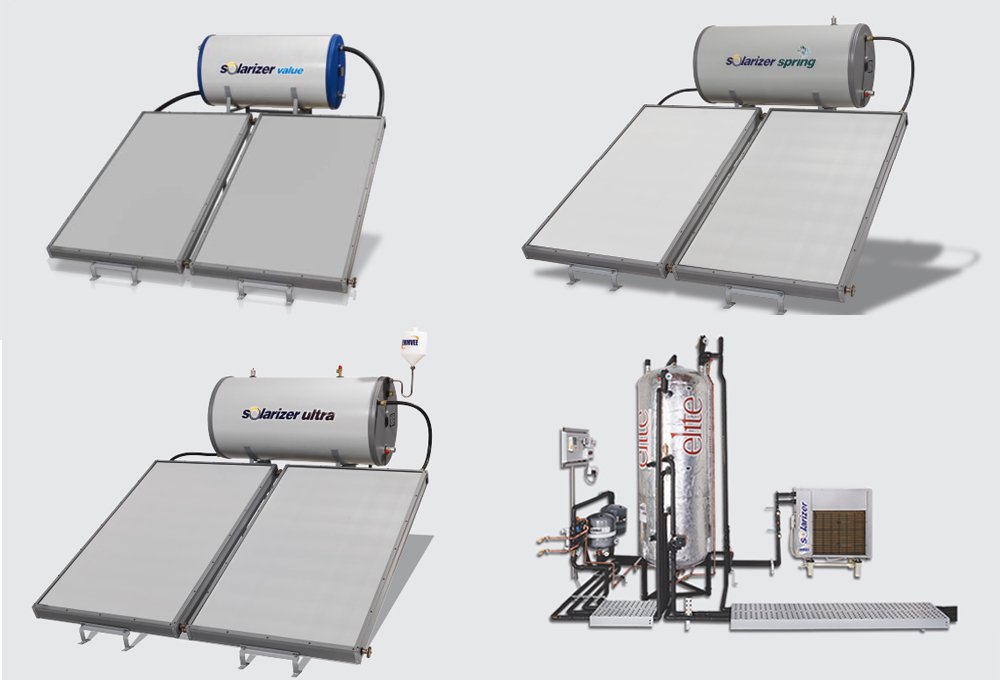Supreme Solar Water Heater
Know More
A solar water heater is an innovative and environmentally friendly technology that uses sunshine to supply the hot water needs of residential, commercial, and industrial environments. These systems, which work by converting sunlight into heat energy, include solar collectors and storage tanks. Solar collectors, which are often positioned on rooftops or in open locations with good solar exposure, capture sunlight and convert it into thermal energy.
There are two types of solar water heaters: active (pumped) systems and passive (compact). Active systems use pumps to circulate water or heat-transfer fluid through collectors and into storage tanks, whereas passive systems rely on natural convection.
Solar water heaters provide significant environmental benefits, such as lowering greenhouse gas emissions and reducing reliance on traditional energy sources. These solar-powered devices provide a sustainable and cost-effective alternative for heating water, especially in areas with ample sunlight.
In addition to environmental benefits, solar water heaters can result in long-term savings on energy expenditures. As a clean and renewable energy source, the widespread use of solar water heaters corresponds with global initiatives to promote sustainable living and minimize the carbon footprint of traditional water heating techniques.


